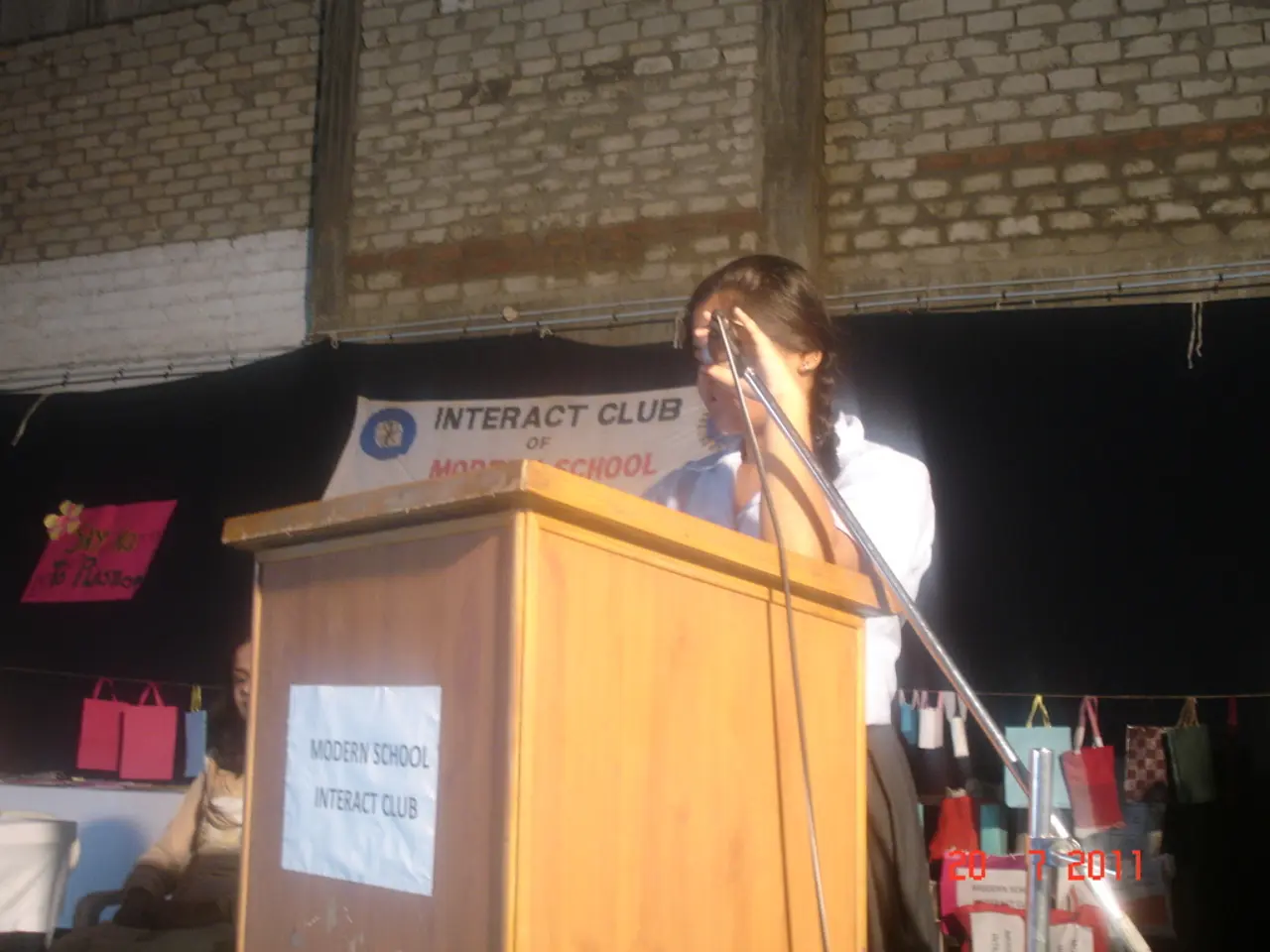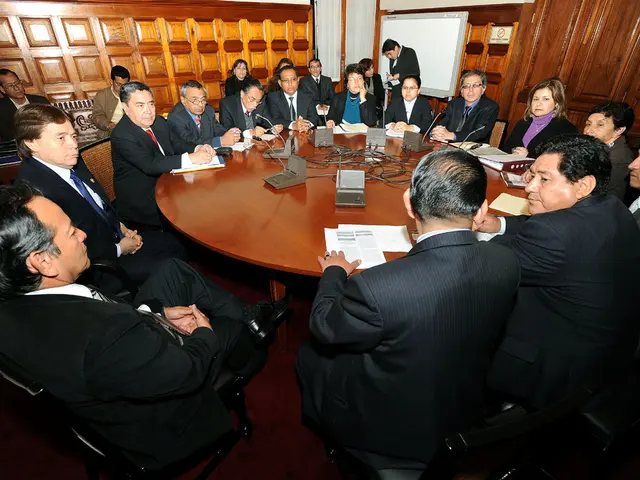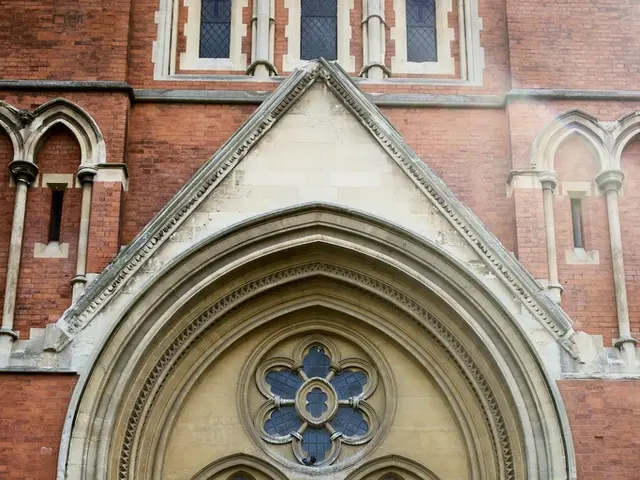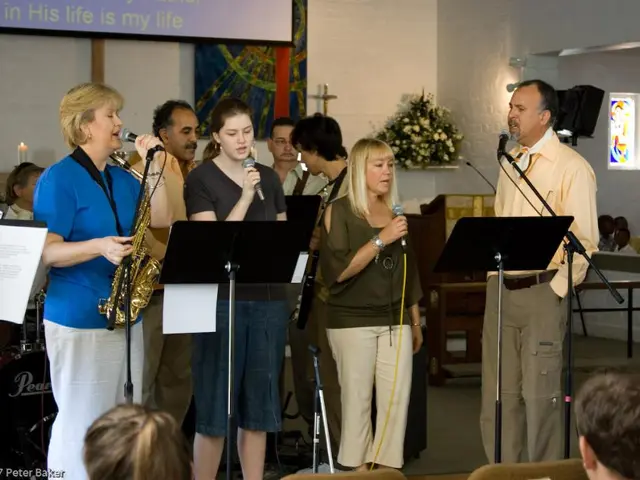Trump Presides over Crucial White House Meeting on Gaza for Presentation of Post-Conflict Strategy
In a significant diplomatic move, President Donald Trump is chairing a White House Gaza meeting today, marking the most significant American intervention since the conflict began in October 2023. This address, a key part of Trump's campaign promises, comes amid mounting international pressure due to harrowing images of starving Palestinian children.
The meeting's primary objective is to establish comprehensive monitoring mechanisms to prevent future ceasefire violations. This would be achieved through multilateral international oversight and enforcement provisions. The success of the meeting will be measured by its ability to establish lasting peace frameworks that prevent future conflict escalation while addressing immediate humanitarian needs of the affected Palestinian and Israeli populations.
Recent casualty documentation shows that the majority of Palestinian fatalities are civilians, contradicting earlier official Israeli government claims. Over 1,000 buildings in Gaza City have been destroyed by Israel since August 6, trapping hundreds under rubble and preventing rescue and humanitarian aid operations. The meeting's humanitarian component aims to establish secure corridors for medical supplies and food distribution systems for immediate relief and long-term recovery efforts.
Regional partners, including Brazil, Canada, Egypt, Indonesia, Ireland, Italy, Japan, Jordan, Mexico, Norway, Qatar, Senegal, Spain, Turkey, the United Kingdom, the European Union, and the League of Arab States, are expected to provide financial and logistical support for the meeting's implementation phases. This includes reconstruction funding, security guarantees, and governance transition assistance.
Hamas leadership has communicated their readiness to participate in the meeting's frameworks. The meeting's ambitious timeline for conflict resolution before December 31 requires addressing complex implementation challenges that have historically derailed peace agreements. The meeting aims to produce concrete settlement mechanisms capable of formally ending nearly two years of devastating hostilities.
The Trump administration's approach emphasizes comprehensive planning that addresses the root causes of conflict. War crimes accusations are pending at international courts and will likely influence negotiation strategies during the meeting. The meeting's outcome could establish precedent-setting mechanisms for future Middle Eastern conflict resolution initiatives.
Israeli officials attending the meeting are expected to present modified military objectives that align with American diplomatic timelines for sustainable peace implementation. The meeting represents a crucial shift from previous unsuccessful diplomatic attempts. The meeting's focus on humanitarian crisis resolution addresses a catastrophic situation with over 62,000 Palestinian deaths and widespread famine.
The meeting's goals are ambitious, but with the support of regional partners and a commitment to addressing the root causes of conflict, there is hope for a peaceful resolution to the Gaza conflict. The world watches with bated breath as the White House Gaza meeting unfolds, a beacon of hope in a region plagued by conflict for far too long.
Read also:
- United States tariffs pose a threat to India, necessitating the recruitment of adept negotiators or strategists, similar to those who had influenced Trump's decisions.
- Weekly happenings in the German Federal Parliament (Bundestag)
- Southwest region's most popular posts, accompanied by an inquiry:
- Discussion between Putin and Trump in Alaska could potentially overshadow Ukraine's concerns







